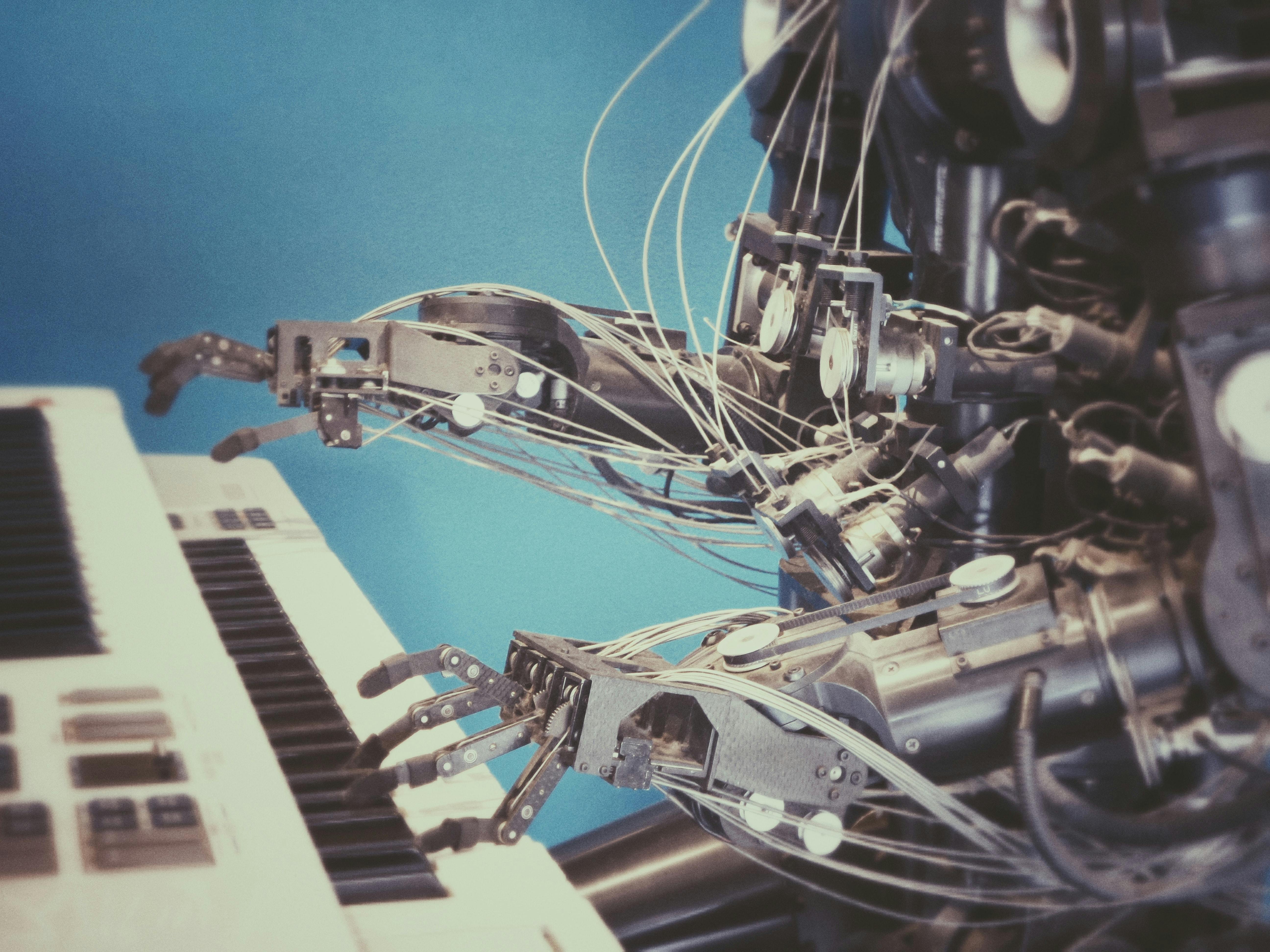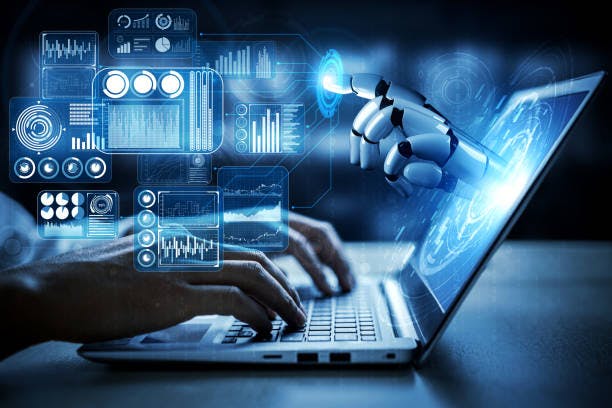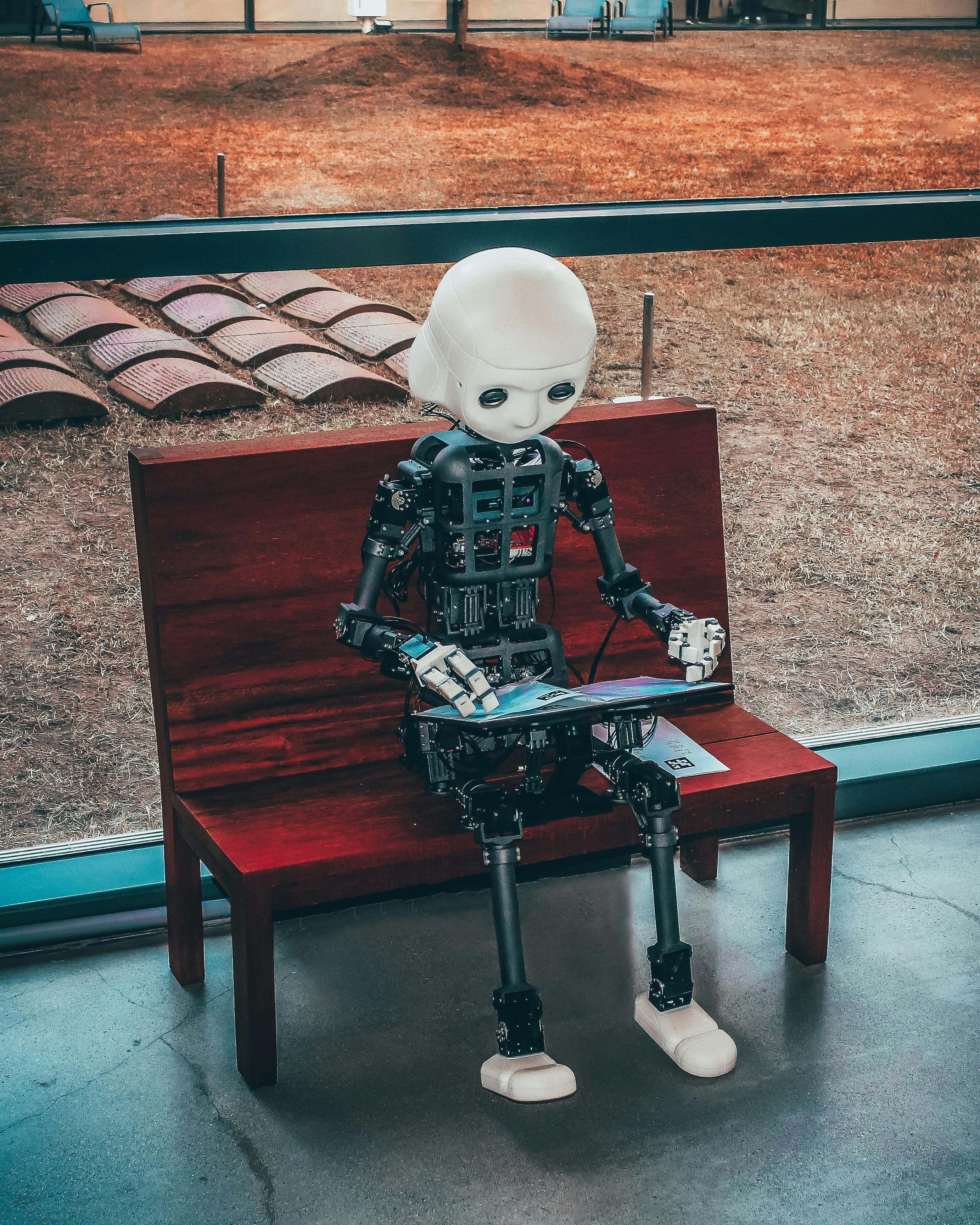What is AI ?
Artificial intelligence is the simulation of human intelligence processes by machines, especially computer systems. Specific applications of AI include expert systems, natural language processing, speech recognition and machine vision.
How does AI Works ?
As a rule, man-made intelligence frameworks work overwhelmingly of named preparing information, examining the information for connections and examples, and utilizing these examples to make expectations about future states. Along these lines, a chatbot that is taken care of instances of text talks can figure out how to create similar trades with individuals, or a picture acknowledgment device can figure out how to distinguish and depict objects in pictures by evaluating a large number of models.

AI programming focuses on three cognitive skills: learning, reasoning and self-correction.
Learning experiences: This part of artificial intelligence programming centers around obtaining information and making rules for how to transform the information into noteworthy data. The principles, which are called calculations, give registering gadgets bit by bit directions for how to finish a particular responsibility.
Reasoning processes: This aspect of AI programming focuses on choosing the right algorithm to reach a desired outcome.
Self-correction processes: This aspect of AI programming is designed to continually fine-tune algorithms and ensure they provide the most accurate results possible.
Significance of AI:
AI is important because it can give enterprises insights into their operations that they may not have been aware of previously and because, in some cases, AI can perform tasks better than humans. Particularly when it comes to repetitive, detail-oriented tasks like analyzing large numbers of legal documents to ensure relevant fields are filled in properly, AI tools often complete jobs quickly and with relatively few errors. Humans sometimes make mistakes but if we train a machine to do the work properly, it will never make mistakes unlike human beings. Thats why many companies now-a-days are investing in AI in hope so that humans can be replaced by machines.
Advantages and Disadvanatages of AI:
Fake brain organizations and profound learning man-made reasoning advances are rapidly developing, principally on the grounds that artificial intelligence processes a lot of information a lot quicker and makes expectations more precisely than humanly conceivable.

Advanatages:
Good at detail-oriented jobs.
Reduced time for data-heavy tasks.
Delivers consistent results.
AI-powered virtual agents are always available.
Disadvantages:
Expensive.
Requires deep technical expertise.
Limited supply of qualified workers to build AI tools.
Only knows what it's been shown.
Lack of ability to generalize from one task to another.
Examples of AI being used today:
Robotics: This field of engineering focuses on the design and manufacturing of robots. Robots are often used to perform tasks that are difficult for humans to perform or perform consistently. For example, robots are used in assembly lines for car production or by NASA to move large objects in space. Researchers are also using machine learning to build robots that can interact in social settings.
Self-driving cars: Autonomous vehicles use a combination of computer vision, image recognition and deep learning to build automated skill at piloting a vehicle while staying in a given lane and avoiding unexpected obstructions, such as pedestrians.



